Gluten- free diets are all the rage with millennials and Gen-Z. Along with fitness gurus on social media propagating and others rubbishing the diet, there is much confusion about this common ingredient. So, what is gluten? Is gluten- free a superior diet?
All about Gluten
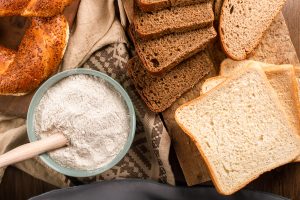
Gluten is a protein found in wheat, rye, spelt, and barley, among other grains. It is the dough-forming protein in wheat flour and has become a commodity in its own right over the last five decades. This can be credited to the large-scale industrial separation of wheat starch from gluten, as well as the regulated drying of gluten to preserve its functional qualities. Wheat is by far the most common gluten-containing grain. Glutenin and gliadin are the two primary proteins found in gluten. Gluten is becoming more popular as a food ingredient because it offers a wider range of functional properties at a lower cost than competitors like milk and soy proteins.
Gluten on heating, forms an elastic network that stretches and traps gas, allowing for optimal rising and maintenance of moisture in rotis, breads, pasta, pastries and other similar products. Gluten gives these foods chewiness and texture. Kneading dough promotes formation of gluten naturally.
Often times, extra gluten is added to flour to get the desired results. Adding gluten helps increase the chewiness, volume and structural integrity of the finished goods.
Gluten is also used in vegan or imitation meat products to help form a texture similar to meat. In beer, soy sauce, ice cream, ketchup, it can be used as a stabilising agent. It is sometimes also used in pet food to enhance the protein content. Other products that contain gluten are cosmetics, hair products and other dermatological preparations.
Gluten is generally well tolerated by most people. However, it can cause difficulties for people with intolerance or sensitivity to gluten especially the gliadin component. Celiac disease, gluten sensitivity, wheat allergy, and a few additional diseases fall under this spectrum.
Is a Gluten-free Diet a Necessity?

Celiac disease, which is the most severe form of gluten intolerance, is treated mostly through a gluten-free diet. This is an autoimmune disorder that affects the gut wall, which can lead to nutrient deficiencies, anemia, severe digestive problems, and a higher risk of a variety of diseases. Nonceliac gluten sensitivity is recognized as an issue in several nations. However, because this is a new field of inquiry, researchers are still learning about the disorder, its risk factors, and how widespread it is. Celiac disease and gluten sensitivity can only be treated with a rigorous gluten-free diet.
Many others who do not have this condition are also going gluten-free for supposed health benefits. Without celiac disease or a nonceliac gluten sensitivity, there is minimal scientific evidence that a gluten-free diet is beneficial to one’s health. People who eliminate gluten products from their diet and do not appropriately replace them with other carbs may be at danger of deficiency in fiber, calories, and B-vitamins. Gluten-free does not always imply that a product is healthy, and gluten-free junk food is still junk food.
Why are People going Gluten-Free?
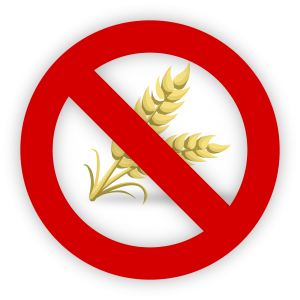 Many people in the health and wellness sector believe that everyone, whether gluten sensitive or not, should follow a gluten-free diet. Millions of people have given up gluten in the hopes of losing weight, improving their mood, and becoming healthier as a result of this. Still, one might wonder if these practices are scientifically sound.
Many people in the health and wellness sector believe that everyone, whether gluten sensitive or not, should follow a gluten-free diet. Millions of people have given up gluten in the hopes of losing weight, improving their mood, and becoming healthier as a result of this. Still, one might wonder if these practices are scientifically sound.
There are a number of reasons as to why people are opting to go completely gluten free. Some of them include-
- The perception that a gluten-free diet is healthier and can help with non-specific gastrointestinal issues is gaining traction.
- An increasing number of individuals are diagnosing themselves with gluten sensitivity, and they’ve observed that reducing gluten from their diet has improved their gastrointestinal health.
- Gluten-free products have become more easily available in recent years.
Is Gluten a Blessing in Disguise?
Gluten functions as a litmus test, revealing signs of inflammation and a weakened gut microbiome. These preconditions exist before gluten is introduced, but they become worse when gluten is introduced. As a result, many people find that switching from a conventional diet to a high-nutrient, gluten-free diet makes them feel better. Therefore, gluten in a way helps us understand the underlying mechanisms of health and disease.
There is minimal evidence that following a gluten-free diet has health benefits for individuals who do not have celiac disease or non-celiac gluten sensitivity. When a person eliminates gluten-rich foods from their diet, it’s critical that they acquire enough nutrients from other foods. Therefore, there is a divide when it comes to whether gluten is good for us or not, depending on each one’s bodies, health and the ability to tolerate it, rather than blindly following the herd.
 Food Manifest
Food Manifest 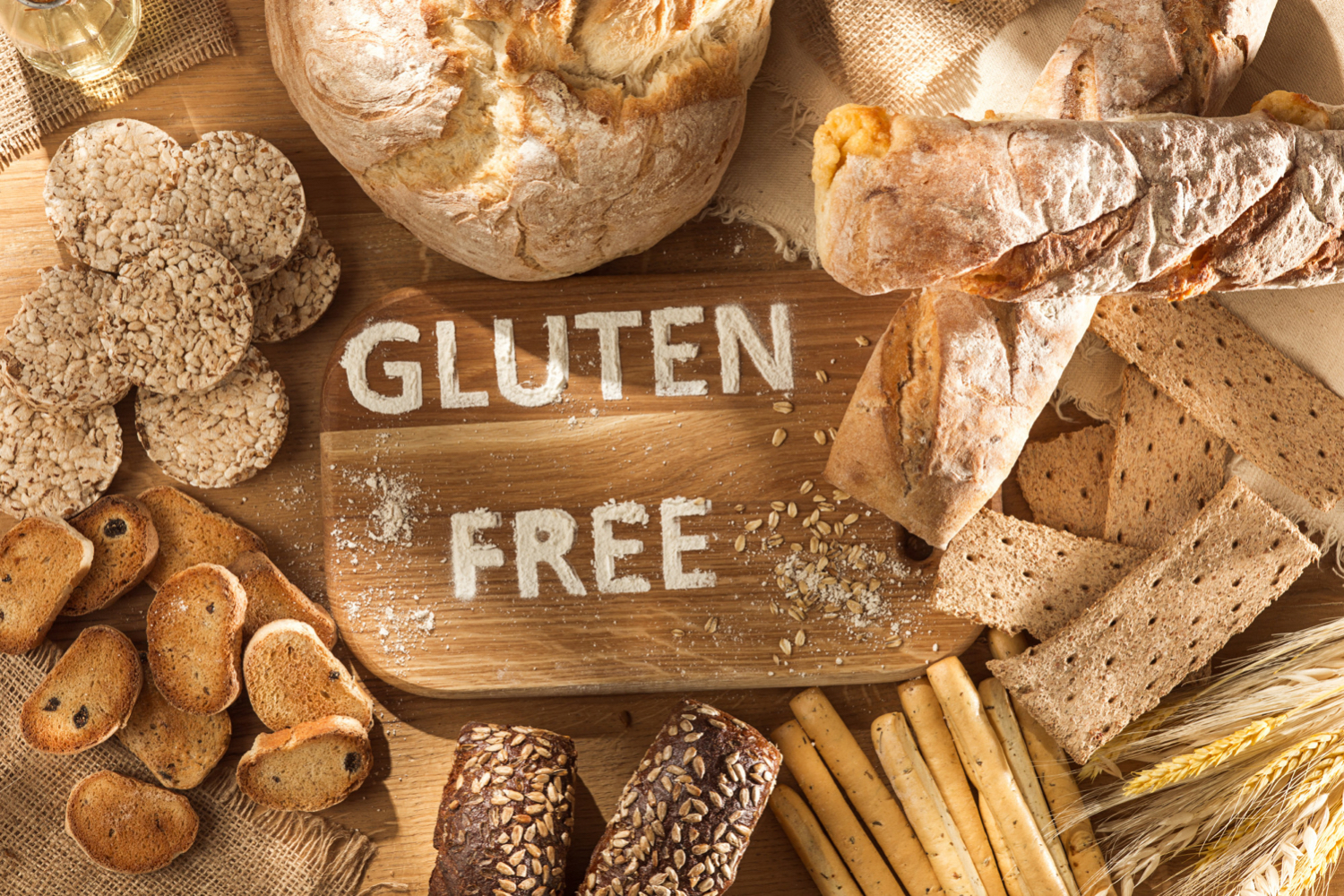
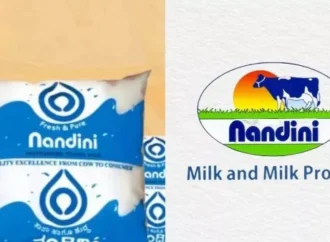



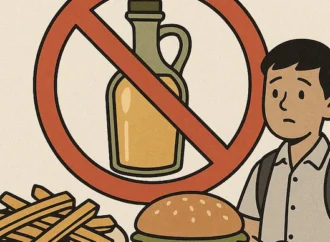













Leave a Comment
Your email address will not be published. Required fields are marked with *